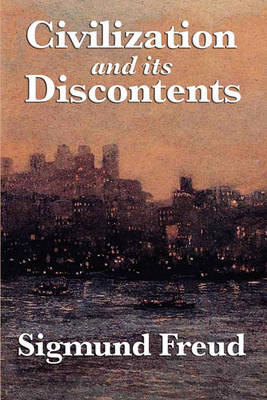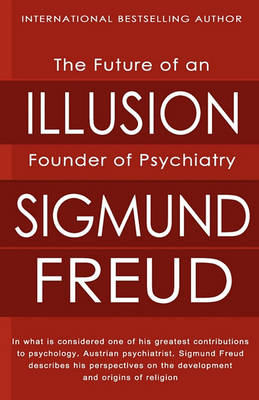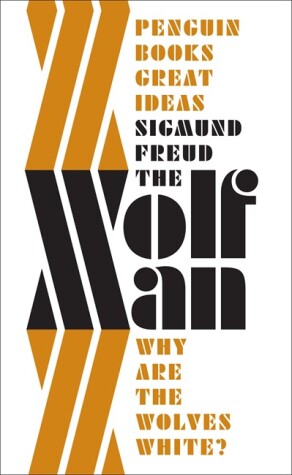Penguin Great Ideas
3 total works
This is Freud's groundbreaking study of a wealthy young Russian man, subject to psychotic episodes and neuroses. Through the patient's dream of childhood wolves, Freud was able to determine his real problem - that of infantile neurosis brought about by a sexual complex and an Oedipal fixation.
GREAT IDEAS. Throughout history, some books have changed the world. They have transformed the way we see ourselves - and each other. They have inspired debate, dissent, war and revolution. They have enlightened, outraged, provoked and comforted. They have enriched lives - and destroyed them. Now Penguin brings you the works of the great thinkers, pioneers, radicals and visionaries whose ideas shook civilization and helped make us who we are.


